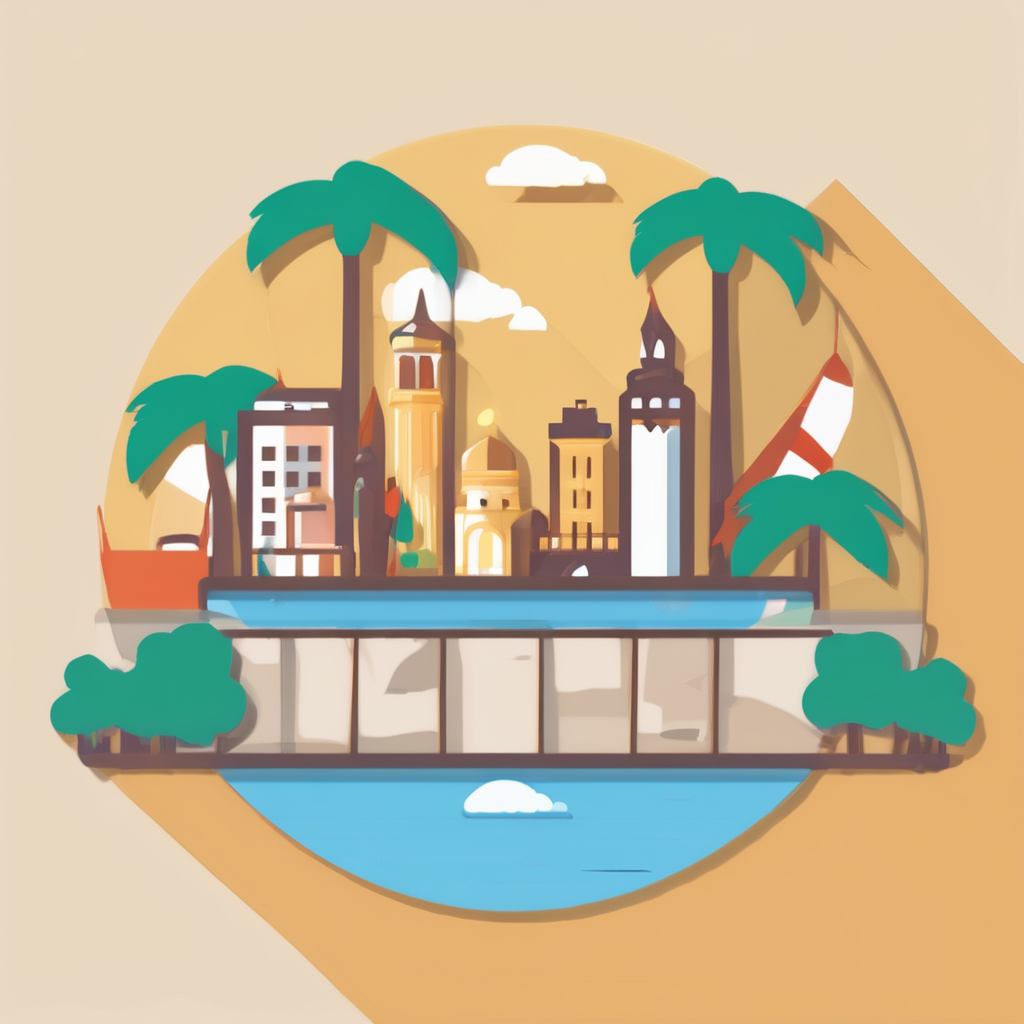Economic Impact of Cruise Tourism in the UK
Understanding the financial ripple effect
Cruise tourism UK economic impact is substantial, driving significant growth within the cruise sector growth. The industry generates direct revenue through passenger spending, including accommodation, dining, tours, and shopping at UK ports. Crew members also contribute economically through local purchases and services during their shore leave.
This might interest you : What are the best cruises for experiencing UK festivals?
Data shows that both passengers and crew inject millions into local economies annually. This spending supports jobs in hospitality, transportation, and retail sectors. Furthermore, the cruise sector growth helps maintain port infrastructure and promotes regional development by increasing demand for services and goods.
In addition to direct spending, the wider economic benefits include tax revenues from tourism activities and catalyzing investment in related industries. The overall cruise tourism UK economic impact is thus a vital component of the maritime economy, encouraging sustainable growth and boosting local businesses in coastal communities. Understanding these benefits helps stakeholders to foster policies ensuring continued sector expansion and maximizing economic returns.
In parallel : What are the Unique Culinary Experiences on a Cruise Around the UK?
Job Creation and Employment Opportunities
Exploring the impact of the cruise industry on the UK workforce
The cruise tourism UK jobs sector plays a vital role in generating employment, not only aboard ships but across various service industries. The cruise industry employment extends into hospitality, logistics, retail, and transport, making it a significant contributor to local economies. Port cities hosting cruise terminals often see a surge in job availability, benefitting nearby communities with diverse roles ranging from dock workers to customer service staff.
Workforce development is a priority within this sector. Many companies invest in comprehensive training programs to enhance skills specific to cruise operations. This approach supports workforce upskilling, ensuring employees are equipped to meet changing industry standards and deliver high-quality service. The ongoing focus on training helps maintain competitiveness and offers career progression paths for workers.
In essence, cruise tourism UK jobs form a dynamic employment ecosystem that stimulates local markets and fosters professional growth, underlining the sector’s importance beyond just tourism.
Boost to Local Businesses and Services
Cruise tourism brings a significant economic boost to port cities by increasing the demand for local attractions, shops, restaurants, and services. As thousands of visitors disembark daily, local businesses capitalize on this influx, resulting in higher sales and expanded opportunities. For example, the hospitality sector in the UK often sees a surge in bookings for hotels, cafes, and guided tours tailored to cruise passengers.
Collaboration between cruise operators and local enterprises is key. Many ports partner with cruise lines to offer seamless excursions, ensuring passengers experience authentic local culture while spending money within the community. This symbiotic relationship not only drives revenue but fosters sustainable development.
UK port cities such as Southampton, Liverpool, and Edinburgh have reported measurable growth linked directly to cruise tourism. These cities have nurtured tailored services to meet the needs of travelers, further increasing the local business benefits associated with cruise tourism. Through strategic partnerships and targeted offerings, the economic uplift from this sector continues to strengthen regional economies.
Revenue for UK Ports and Infrastructure Investment
Revenue from UK port activities, particularly those involving cruise ships, plays a crucial role in supporting the maritime sector. Ports generate substantial income through port fees and taxes from cruise ships docking, which fund operational costs and contribute to broader economic stability. This consistent revenue stream allows ports to prioritise port infrastructure investment, including the development and modernisation of facilities to accommodate growing passenger numbers and larger vessels.
Investing in state-of-the-art terminals and advanced logistics enhances efficiency, further attracting cruise lines to the UK. Such improvements also support the UK’s reputation as a key destination in the international cruising industry, driving maritime industry growth.
Moreover, these investments create a ripple effect, boosting regional infrastructure projects like roads, public transport, and hospitality services. Consequently, the benefits extend beyond the ports themselves, positively impacting local communities and economies. Prioritising port infrastructure investment strategically positions UK ports to meet future demand and reinforce their competitive edge in the global market.
Indirect Benefits to Related Industries
Cruise tourism in the UK acts as a catalyst for growth in hospitality, transport, and supply chains. As thousands of passengers disembark, there is a surge in demand for accommodation, dining, and local travel services. This demand extends to expanded travel services like guided tours and shuttle logistics, which are essential to providing seamless experiences for visitors.
The influx of cruise passengers stimulates the suppliers and transport sectors, as more goods and services are required to meet increased visitor needs. This includes everything from fresh food supplies for hotels and restaurants to enhanced public transport routes and taxi services.
Additionally, the economic ripple spreads further through regional development, as smaller towns and cities benefit from the increased footfall and associated spending. The tourism sector growth thus encourages investments in infrastructure and service quality, creating a positive feedback loop that supports longer-term economic vitality.
By integrating UK transport and hospitality cruise tourism, local economies experience a broad uplift, showcasing the interconnected nature of these industries.
Expert Insights and Case Studies
Industry experts consistently emphasize the economic impact of cruise tourism on the UK, highlighting substantial benefits for port cities. According to government cruise tourism reports, the sector contributes billions annually, supporting thousands of jobs and invigorating local businesses. For example, cities like Southampton showcase how strategic investment in port infrastructure can amplify cruise tourism’s economic benefits.
A recent cruise tourism economic case study UK revealed that Southampton’s port activities generate over £2 billion annually, with ripple effects extending to hospitality, retail, and transport sectors. Experts note that targeted marketing and coordinated city efforts are key drivers of this success. Additionally, government reports underscore rising passenger numbers year-over-year, reinforcing cruise tourism’s role as a growth engine.
Expert commentary on the cruise industry highlights evolving trends such as increased demand for sustainable practices and diversification of cruise offerings to appeal to broader audiences. These insights urge policymakers and business leaders to adapt strategically, ensuring continued prosperity through cruise tourism while balancing environmental responsibilities.

